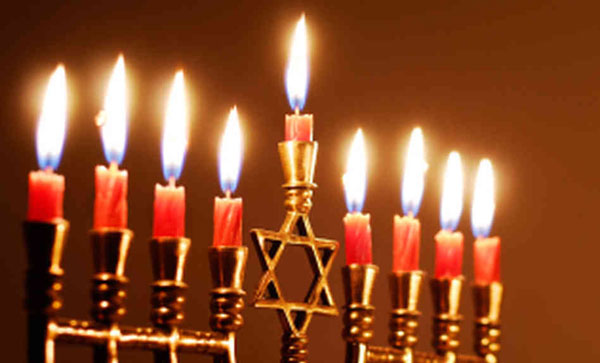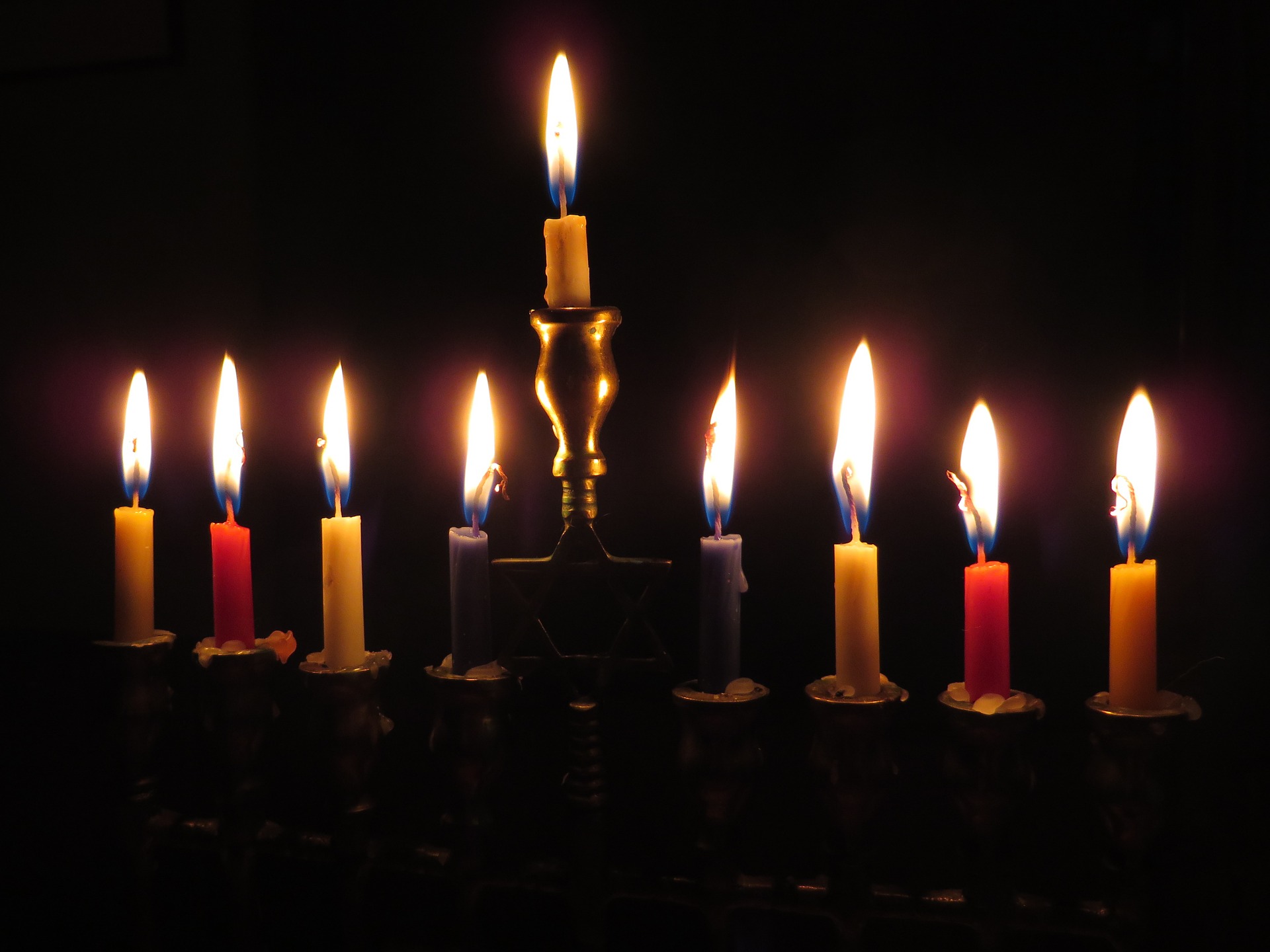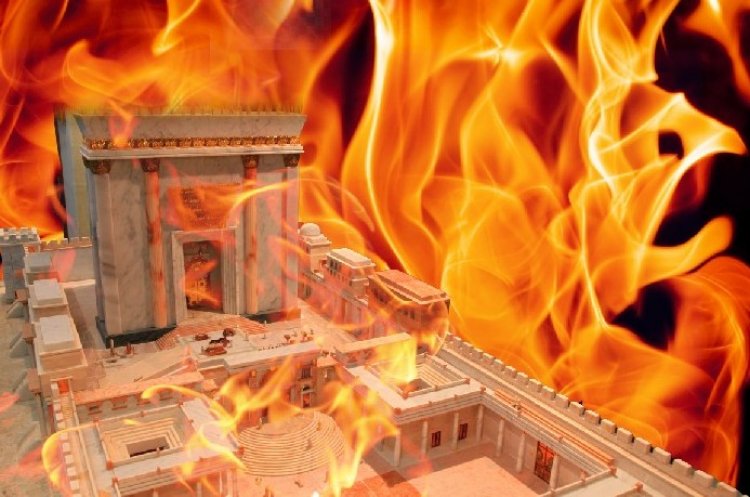
Why Do We Eat Latkes and Sufganiyot on Chanukah?
Why do we eat latkes (potato pancakes) and sufganiyot (jelly donuts) on Chanukah? The common, short answer is because the holiday of Chanukah largely revolves around the miracle of the oil...
Dec 4, 2018
By Rabbi Jack Abramowitz

The Tooth Fairy-Chanukah Connection
Somehow, this time of year is reminding me of two conversations I had with my oldest when she was much younger. They might not seem to be connected, but I think...
Dec 3, 2018
By Sarah Rudolph

This Chanukah, Go “Screen Free for 30”
Rav Levi Yitzchak of Berditchev, known as the The Kedushas Levi, once walked into his Bait Medresh and saw a few of his students discussing something with a sense of yearning...
Nov 28, 2018
By Rabbi Eric Goldman

What is the Torah Approach to Fire Safety?
Responding to a question submitted to Jew in the City, Rabbi Jack Abramowitz tackles the issue of balancing the observance of mitzvot (particular ones that involve fire or heating up food)...
Nov 28, 2018
By OU Staff

Rabbi Soloveitchik on Ari Fuld zk”l and the Willow...
“The lion has roared, who will not fear” (Amos:3:8). “אַרְיֵה שָׁאָג, מִי לֹא יִירָא” The Shelah Hakadosh (Rabbi Isaiah Horowitz 1555-1630) suggests that this verse hints to this precise time of...
Sep 26, 2018
By Rabbi Aaron Goldscheider

All About Hoshanos
From OU Holidays! What are Hoshanos? Why do we say them? Why is the schedule the way it is? What’s “Ani Vaho?” Find out all this and more with this colorful, downloadable...
Sep 20, 2018
By Rabbi Jack Abramowitz

If Your Sukkah and Your Lulav Could Talk…
Shlomo Horwitz is the founding director of Jewish Crossroads, an educational theater project that has provided creative Torah programming across the US, Canada, England and Israel. He studied at Yeshivat Shaalvim...
Sep 20, 2018
By Shlomo Horwitz

Rosh Hashanah and the Fall of Winston Churchill
On July 5, 1945, the world witnessed one of the greatest “betrayals” in the annals of human existence. Two months after the Allied victory over the Nazis, in one of the...
Sep 5, 2018
By Rabbi David Rabhan

The Heat is On
The crisis was real. My wife had tried to bake bread and left it in the oven for the right amount of time at the right temperature. But the results were...
Sep 4, 2018
By Shlomo Horwitz

Tisha b’Av is not about the Beit Hamikdash
Everyone knows that the reason we fast on Tisha b’Av is because we are mourning the destruction of the Beit Hamikdash, the Temple that stood in Jerusalem. Everyone but the Rambam,...
Jul 19, 2018
By Rabbi Moshe Davis
Discover More
- Anti-Semitism
- Around the OU
- Arts & Media
- Aseret Yemei Teshuvah
- Chanukah
- Community
- Convention
- Cooking
- Dating
- Divorce
- Education
- Fast of Asarah B'Tevet
- Fast of Esther
- Fast of Gedaliah
- Fast of Shiva Assar B'Taamuz
- Fast of Tisha B'Av
- Food
- Giveaways
- Growth
- Health
- History
- Holidays
- Holocaust
- Inspiration
- Israel
- Kosher
- Lag BaOmer
- Marriage
- Meet the OU
- Mental Health
- Money
- News
- News & Op-Ed
- Obituary
- Other
- Parenting
- Pesach
- Physical Health
- Pregnancy
- Purim & 4 Parshiyot
- Recipes
- Relationships
- Rosh Chodesh
- Rosh Hashanah
- Sefirat HaOmer
- Shavuot
- Shemini Atzeret/Simchat Torah
- Sukkot
- Technology
- thank you pages
- The 3 Weeks
- Torah
- Travel
- Tribute
- Tu B'Av
- Tu B'Shevat
- Yamim Noraim
- Yom Ha'atzmaut
- Yom HaShoah
- Yom HaZikaron
- Yom Kippur
- Yom Yerushalayim
Subscribe To The OU’s Shabbat Shalom Weekly Newsletter
Weekly email newsletter filled with articles, Divrei Torah, upcoming events and more! Sign up today.